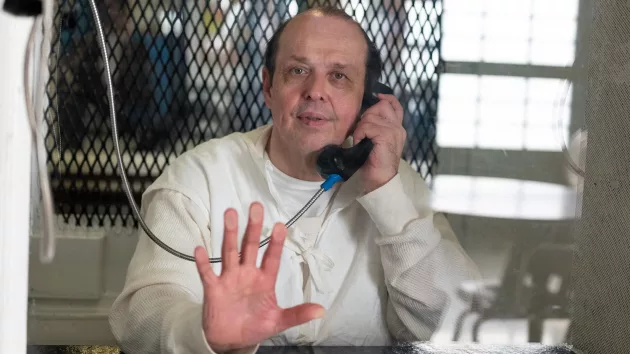(TEXAS) — Robert Roberson, the first person set to be executed in the U.S. based on the largely discredited “shaken baby syndrome” hypothesis, has filed a request for a stay of execution and a petition for certiorari with the Supreme Court.
Roberson argues that his federal due process rights were violated when Texas’ highest court refused to consider his bid to reopen the case based on “substantial new scientific and medical evidence.”
The plea comes after the Texas Board of Pardons and Paroles denied his requests to either have his sentence commuted to life in prison or to have his execution delayed.
Roberson was found guilty for the murder of his 2-year-old daughter based on the testimony from a pediatrician who described swelling and hemorrhages in Nikki’s brain to support a “shaken baby syndrome” diagnosis, even though there is limited evidence that this is a credible diagnosis.
The hypothesis has come under serious scrutiny in biomechanical studies, as well as a growing body of medical and legal literature. The medical examiner at the time also suspected that Nikki sustained multiple head injuries and considered the death a homicide in the official autopsy.
Roberson is autistic, according to his legal team, which affects how he expresses emotions — a concern that also arose during the trial.
Since his conviction, newly presented evidence found that Nikki had pneumonia at the time of her death and had been prescribed respiratory-suppressing drugs by doctors in the days leading up to her death.
A medical expert who performed post-mortem toxicology reports and reexamined her lung tissue said they found that chronic interstitial viral pneumonia and acute bacterial pneumonia were damaging her lungs, causing sepsis and then septic shock, likely leading to vital organ failure.
Over 30 medical and scientific experts have written to the Texas Board of Pardons and Paroles, asking it to reconsider Roberson’s sentence because it hinged on the “shaken baby syndrome.”
A bipartisan group of 86 Texas House of Representatives members have also spoken in support of Roberson’s clemency request, arguing that a state law enables reviews of wrongful convictions based on changes in scientific evidence. In Roberson’s case, they believe that the new evidence should have led to a new trial.
Copyright © 2024, ABC Audio. All rights reserved.

